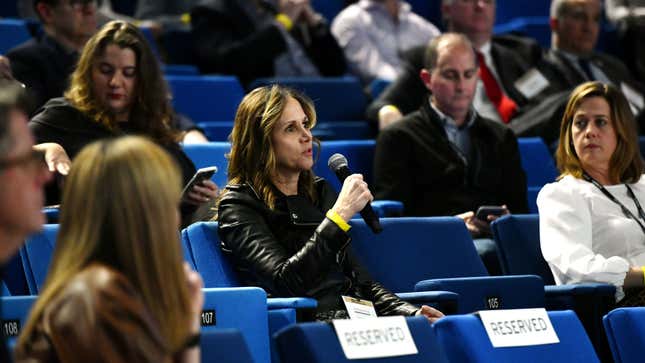For Women in Economics, Harassment is Ever-Present
Latest

For years, researchers have found that women who work in economics face a number of barriers to success—they’re less likely to be hired and promoted than their male peers, and often deal with more significant barriers to being published in economic journals. Although plenty of fields have similar issues when it comes to gender-based discrimination, data shows that racial and gender gaps in economics are both wider and have decreased less over time than those in other fields. But the authors of the latest paper examining institutionalized sexism in economics hope their work will begin to provide insight on the nuances of how discrimination functions within the industry.
-

-

-

-

-

-

-

-

-

-

-

-

-

-

-

-

-

-

-

-

-

-

-

-

-

-

-

-

-

-

-

-

-

-

-

-

-

-

-

-








































